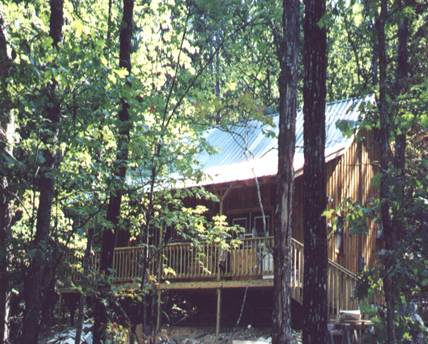
Gender, Masculine – Planet, Mars – Element, Air – Special features: Its glorious display of flowers, durability.īadge of the Plantagenet Kings of England. Although it appears delicate it can bend with the wind and of course as its name suggests it makes an excellent broom! A feed when young helps its growth in later years. It is a sheltering plant offering protection from the elements. They all have fragrant pea-like flowers.īroom plants prefer sun and fertile well-drained soil but will survive almost anywhere although they do not like limy soil. They are known in Latin as Cytisus plants and are a genus of deciduous and evergreen shrubs found in Europe, West Asia and North Africa and together are known as broom plant. It is a bright and cheery plant that gives pleasure to onlookers with its beautiful yellow flowers, in stark contrast to the rough windswept places where it is often found growing, such as moors and heaths. As an evergreen, it should be planted more often in gardens, as it is easy to grow and beneficial to local wildlife. 'Juniper'.Broom plants golden vanilla-scented flowers appear for a couple of months from late spring to early summer. רֹ֫תֶם noun masculine1Kings 19:5 a kind of broom-shrub, broom-plant, retem (Late Hebrew id. See BDB which is more properly called “Brown-Driver-Briggs” (A Hebrew and English Lexicon of the Old Testament, more commonly known as Brown–Driver–Briggs or BDB (from the name of its three authors) is a standard reference for Biblical Hebrew and Aramaic, first published in 1906.) "Juniper" in the King James Version is "broom tree" in other versions of the Bible. “Sharp arrows of the mighty, with coals of juniper.” (Ps 120:4 KJV). Ryrie says Psalm 120:4 refers to God’s judgment which will burn like “coals of juniper” (broom tree), which burns hot and long. sustenance/nourishment), and of long-lasting fire in Psalm 120:4. The white broom is used as a symbol of scorn in Job 30:4 (digging its roots for livelihood, i.e.
:max_bytes(150000):strip_icc()/growing-broom-plants-5089367_04-b45ed45190874ddebc9a86f4b3e819f5.jpg)
The Ryrie Study Bible says that “a juniper tree” in 1 Kings 19:4 is “a desert shrub that sometimes grows 10 feet high” only. All of a sudden an angelic messenger touched him and said, “Get up and eat.”Ī broom tree is a low bushy desert plant whose embers burn far longer than the wood of other species. After all, I’m no better than my ancestors.” 5He stretched out and fell asleep under the shrub.


He went and sat down under a shrub and asked the Lord to take his life: “I’ve had enough! Now, O Lord, take my life.

He left his servant there, 4while he went a day’s journey into the desert. Jack Gutknecht ABC/DTS graduate, guitar music ministry Baptist church 1 Kings 19:3-5 NET Bible - 3Elijah was afraid, so he got up and fled for his life to Beer Sheba in Judah. mine tailings) and sand dune stabilizing.Īlthough originally introduced as ornamental plants in the Americas, they later became invasive weeds that crowded out native vegetation, due to their agressive seed dispersal.Īlthough the buds and flowers of some broom species were used as a salad ingredient hundreds of years ago, there are now concerns about their possible toxicity, particularly with regard to their effects on the heart, and as a cause of problems during pregnancy. They are widely used as ornamental landscape plants and also for wasteland reclamation (e.g. In cultivation they need little care, though they need good drainage and perform poorly on wet soils. The usefulness of those branches for sweeping gave rise to the implements fabricated from them for that purpose being called "brooms".īrooms tolerate (and often thrive best in) poor soils and growing conditions. Army Broom trees, which come in a variety of forms, derive their name from the same linguistic root as the bramble, which refers to the thorny or pointed ends of the tree's branches. Tim Maas Retired Quality Assurance Specialist with the U.S.


 0 kommentar(er)
0 kommentar(er)
